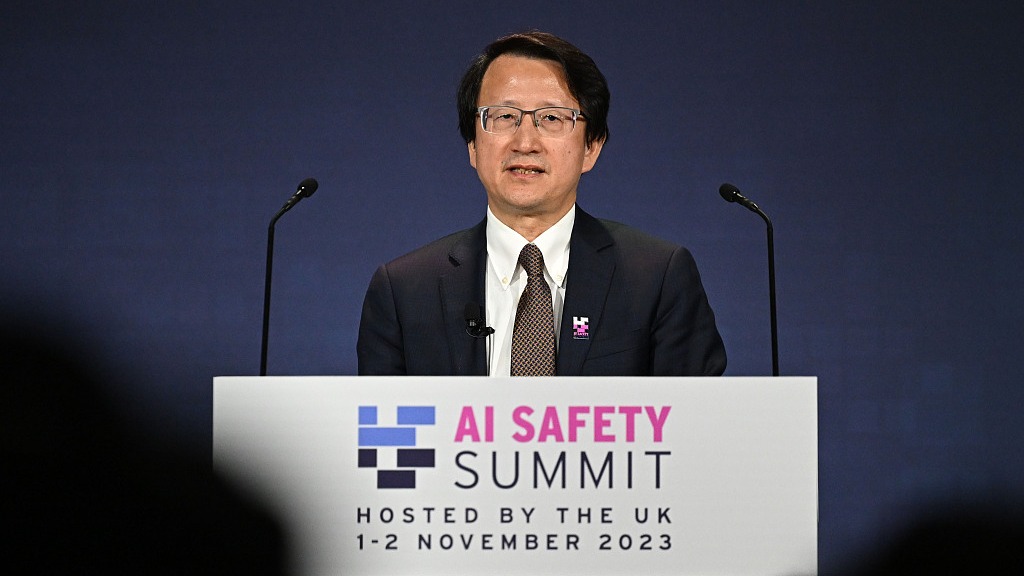In a resounding call for international collaboration, the Chinese delegation attending the AI Safety Summit in the United Kingdom has fervently urged nations to unite in addressing artificial intelligence (AI) safety and international governance issues. Led by Wu Zhaohui, China’s vice minister of science and technology, the delegation played an active role in the discussions at the summit. Their presence served as a powerful platform to promote China’s vision for AI governance on the global stage.
Wu Zhaohui Emphasizes the Importance of AI Safety
At the opening plenary session of the summit, Vice Minister Wu Zhaohui underlined the paramount importance of AI safety in today’s interconnected world. He emphasized that the fate of humanity is intricately linked to the way nations manage and govern AI. Wu Zhaohui stressed the need for countries to develop AI with a people-oriented approach, ensuring its use for the greater good of society. This commitment includes reinforcing technology risk management and control while promoting cooperation based on principles of mutual respect, equality, and mutual benefit.
Moreover, Wu Zhaohui urged all stakeholders to work collectively to bridge the intelligence gap and governance capacity gap, actively enhancing the representation of developing countries in global AI governance. In light of the numerous global challenges, he proposed that nations must adopt a vision of common, cooperative, and sustainable security, stressing the importance of balancing development and security. Wu Zhaohui called for a dialogue-based approach and an open, fair, and effective governance mechanism to ensure the healthy and secure development of global AI.
The Global Dimension: China’s Push for Inclusive AI Governance
China’s Global Artificial Intelligence Governance Initiative, unveiled at the third Belt and Road Forum for International Cooperation in Beijing, took center stage at the summit. The delegation sees the summit as a crucial platform for fostering dialogue and cooperation among nations regarding AI safety and international governance issues. This initiative seeks to ensure AI governance is not a privilege of a select few nations but a responsibility shared by all.
China’s commitment also extends to encouraging the participation of developing countries in the global governance of AI, as they play a vital role in shaping the AI landscape. The delegation asserted the necessity of maintaining constant communication and cooperation to establish an international mechanism with universal participation and a governance framework with broad consensus. This inclusive approach is envisioned to pave the way for a secure and prosperous future for AI.
A Pledge for a Shared Future: China’s Commitment to Global AI Development
The Chinese delegation made a resolute commitment to work with all nations to implement the Global Development Initiative, the Global Security Initiative, and the Global Civilization Initiative. These initiatives seek to harness AI technology for the betterment of humanity, striving to build a community with a shared future.
As the summit progressed, the delegation reiterated its willingness to collaborate and share insights on AI safety governance. Their goal is to foster the creation of an international mechanism that truly reflects the interests and concerns of all nations. The overarching objective is to establish a governance framework that garners a wide consensus, ensuring AI’s healthy and secure evolution on the global stage.
The AI Safety Summit bore witness to China’s resounding call for worldwide cooperation on AI safety and international governance. The message from the Chinese delegation was clear: AI governance is a collective responsibility that affects all of humanity, and nations must work hand in hand to ensure the safe and equitable development of this transformative technology. China’s vision of inclusive AI governance and its commitment to the global community mark a significant step toward a secure and prosperous future for artificial intelligence.
















